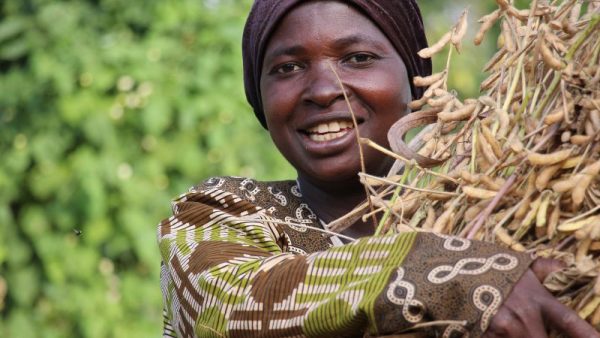Women in Uganda shape the economy more than in many other countries. The Ugandan Ministry of Gender, Labour and Social Development is advancing gender equality. Yet, there remains enormous potential in the fight against hunger.
The report highlights painful truths: many women in Uganda still live in poverty. Compared to men, they more often face lack of education, land, and property. However, the latest report from the ministry also contains positive developments. Across the country, nonprofit initiatives are working to eliminate inequalities—especially by empowering women as entrepreneurs and increasing their participation in agriculture. These efforts aim to improve access to credit, training, and support programs.
According to the World Bank, Uganda is now among the seven countries with the highest gender parity in entrepreneurial activity. Since 1987, the Uganda Women Entrepreneurs Association Limited (UWEAL) has been building strong, women-led businesses, creating networks for businesswomen, and promoting female-friendly policies. For example, the network is investing half a million US dollars in a project to strengthen the value chain of 7,400 women producers and processors of shea butter—a product used in skincare.
Women in Ugandan Agriculture
The picture in agriculture is slightly different. About 70% of Uganda’s workforce is employed in agriculture, most of them women. In short: Agriculture in Uganda is driven by women, who make up a significant share of the agricultural workforce.
Yet, men earn higher wages than their female counterparts and are more likely to be employed in formal jobs.

Gender Equality Could Boost Harvests by One-Third
The economic potential of women is enormous. According to UN studies, equal access to resources like land could increase harvests by nearly one-third. This could reduce the number of hungry people worldwide by up to 150 million. Inequality, therefore, causes hunger.
This is exactly where the Latek Stay Alliance steps in. Through its Stay Seed program, it works with local partner organizations to provide expertise, distribute seeds, and connect farmers with buyers. Uganda’s smallholder farmers are the target group—about half of the program participants are women. The program enables them to achieve significantly higher yields, improving both the nutritional and financial situation of their families. For example, they can afford to send their children to school, which in Uganda requires tuition fees after primary school.
Background: The Beijing Declaration
In 2019, the Ugandan Ministry of Gender, Labour and Social Development published a report on the achievements and challenges of gender equality. It used the 1995 Beijing Declaration and Platform for Action, adopted at the Fourth UN World Conference on Women, as a benchmark. This declaration is considered a milestone in global efforts to promote gender equality and addresses issues such as poverty, education, health, armed conflict, and political participation. Uganda’s national report also focuses on women’s participation in the economic sector.


